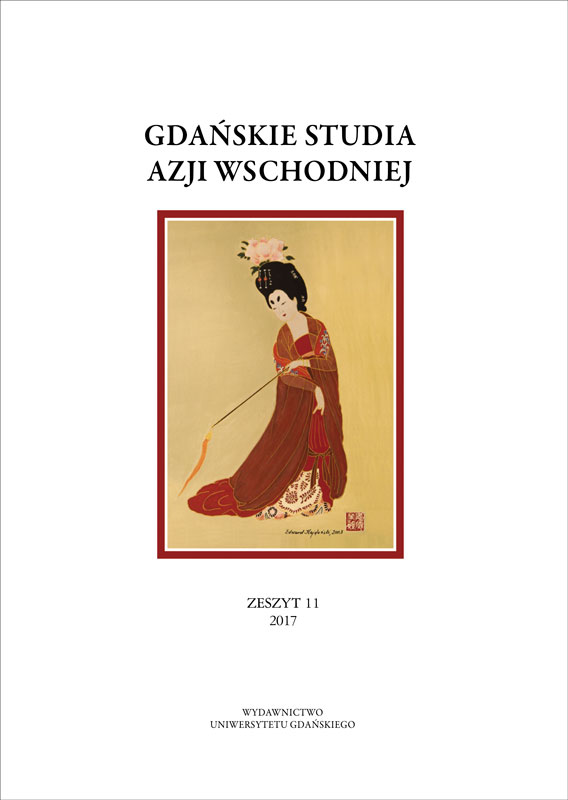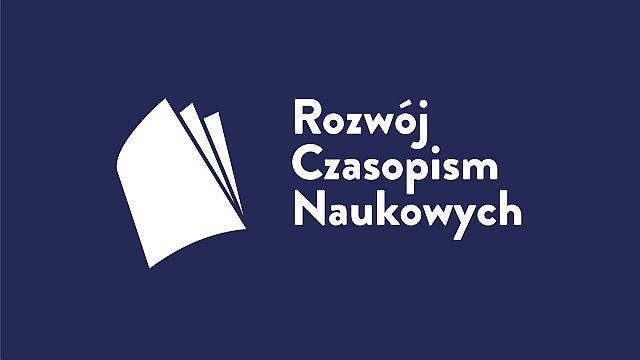The community of North Korean elites and defectors in Eastern European Countries
Abstrakt
Koreans have existed as a single united ethnic group for more than 2000 years. Following the terrible division of Korea (after the end of the Korean War, 1950–1953), some North Koreans have managed to flee for the following reasons: political, religious and economic. Why? This is due to the fact that both Koreas emerged through different ideological and economical models. Regarding South Korea, this country has evolved into a capitalist industrial society being open to foreign countries. On the contrary, North Korea has remained a very closed society centered completely on the leader of this country: Kim Il Sung (and then his son: Kim Jong Il). North Korean people cannot leave their country without any permits. If they are caught abroad without this permission, they are then treated as “traitors” and are very often incarcerated in re-education camps. An increasing number of North Korean defectors4 and their difficulties to settle in South Korea has created a new flow of migration for North Koreans. An augmenting number of these people are moving to other countries and other parts of the world. A relatively small number of North Koreans in China have managed to reach South Korea, Japan, or the United States via other countries in the region, including Mongolia and Thailand. Why a relatively small number? Because it’s estimated that 200 thousand of North Koreans are still illegally living in China, trying to reach their final (South Korea or another country) destination. South Korea accepts all North Koreans as citizens under its constitution. As of 2012, South Korea has admitted more than 22,000 North Koreans, Japan has accepted more than 100, and the US have accepted a few dozen so far. Canada, Japan, Germany, the United Kingdom, and a few other European countries have granted refugee status to several hundreds of North Koreans in recent years. Concerning EEC, some are living in Poland, Hungary and Czech Republic.
Downloads
Bibliografia
B. May, A North Korean Refugee Dilemma, “The Diplomat”, 8 March 2012.
Only 20 N. Korean defectors work as public servants in S. Korea: lawmaker, “Yonhap News Agency”, 9 October 2011.
M. Reeder, North Korean refugees in Toronto carry burden of fear,vtncankor.wordpress.com (accessed: 30.04.2012).
Yoon In-jin, North Korean Diaspora: North Korean defectors abroad and in South Korea, “Development and Society”, June 2001, vol. 30, no. 1.
S. Hegarty, North Korea: Defectors adjust to life abroad, BBC News Magazine, http://www.bbc.com/news/magazine-22209894 (accessed: 23.04.2013).
Sung Ho-ko, Kiseon Chung, Yoo-seok Oh, North Korean Defectors: Their Life and Well-Being After Defection, “Asian Perspective” 2004, vol. 28, no. 2, p. 75.
A. Lankov, The Real North Korea – Life and Politics in the Failed Stalinist Utopia, New York 2013.
Kim Kwang Jin, Camp 22 Disbanded on Defection Fear, “DailyNK.com”, 29 September 2012.
S. Haggard, M. Noland, E. Weeks, Famine in North Korea? The Evidence,“The Korea Herald”, 20 May 2008.
Hope and Struggle Among North Koreans Living in South Korea, http://www.alexiafoundation.org/stories/hope-and-struggle-north-korean-defectors-living-in-south-korea (accessed: 23.05.2017).
NK defectors flee from Seoul to UK for asylum, “Korea Times”, 27 August 2010.
N. Levi, North Koreans Suffer Around the World, “DailyNK.com”, 3 June 2009.
N. Levi, Zarys stosunków między Polską Republiką Ludową a Koreańską Republiką Ludowo-Demokratyczną [w:] Świat i Polska wobec globalnych wyzwań, red. R. Żelichowski, Warszawa 2009.
N. Levi, Dlaczego Polska musi utrzymywać stosunki z KRLD?, 6.03.2012, http://nicolaslevi.natemat.pl/4119,dlaczego-polska-musi-utrzymywac-stosunki-z-krld/ (accessed: 5.03.2017).
Yu Yung Ok, Pukhan kwonryok sunggye-ui pyonsu Kim Pyong Il, „Pukhan” 1991, no. 7.
N. Levi, A Biography of Kim Pyong Il: A Second Dauphin?, „Parallax” (Suffolk University – USA) 2010, vol. 7, no. 1.
Pyongyang’s reaction to recent political reforms in East European Communist Countries, „Vantage Point. Developments in North Korea”, October 1989, vol. 12, no. 10, p. 22.
T. North, The Kim Jong Il Succession Problem in the Context of the North Korean Political Structure, „Korea and World Affairs” 1992, vol. 16, no. 1.
D. Southcott, It’s not all grim up North, http://londonkoreanlinks.net (accessed: 28.03.2011).
N. Levi, A comparison between North Korea and Eastern European Countries, lecture on conference “The Rise of Asia: A Perspective from Eastern Europe”, The European Institute for Asian Studies, Brussels, 7 December 2011.

 Uniwersyteckie Czasopisma Naukowe
Uniwersyteckie Czasopisma Naukowe





